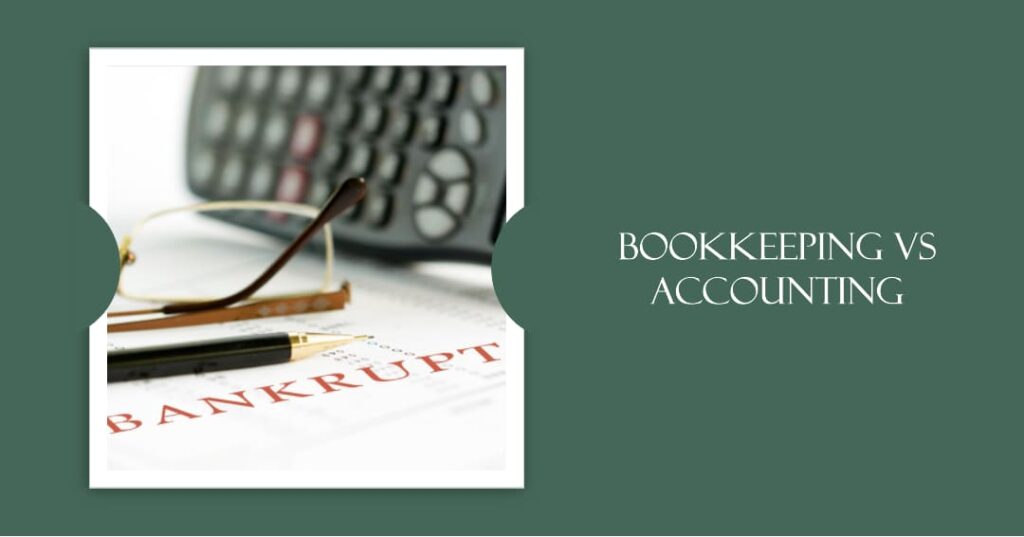Introduction of Financial Statements are Evaluated by Auditors
In the realm of finance and business, maintaining accurate and transparent financial statements is paramount. These documents serve as a window into a company’s financial health and provide stakeholders with valuable insights. However, in an environment rife with complexities and potential for errors, external validation is essential to ensure the integrity of financial statements. This is where auditors step in. Auditors play a critical role in evaluating a company’s financial statements, ensuring accuracy, compliance, and transparency. In this article, we delve into the intricate process by which auditors evaluate financial statements and shed light on the methodologies, challenges, and significance of their work.
Role of Auditors in Financial Statements are Evaluated by Auditors
Auditors are independent professionals who assess the financial statements of a company to determine their accuracy and compliance with accounting standards and regulations. Their primary goal is to provide assurance to stakeholders that the financial information presented is reliable and free from material misstatements. Auditors operate within a framework of professional standards and ethical guidelines that govern their conduct and practices.
Methods of Financial Statements are Evaluated by Auditors
The process of evaluating financial statements involves a systematic approach that encompasses various methods and techniques. Here’s a breakdown of the key steps and methodologies used by auditors:
- Risk Assessment:
Auditors begin by assessing the inherent and control risks associated with a company’s financial statements. This involves understanding the company’s industry, operations, internal control systems, and potential areas of fraud or misstatement.
- Understanding the Business:
To effectively evaluate financial statements, auditors must gain a comprehensive understanding of the company’s operations, business model, revenue sources, and financial transactions. This understanding guides their evaluation and helps identify areas that require closer scrutiny.
- Testing Internal Controls:
Auditors evaluate the company’s internal control systems designed to prevent and detect errors and fraud. They perform tests to determine whether these controls are operating effectively. Weak internal controls can increase the risk of material misstatements.
- Substantive Testing:
Auditors conduct substantive tests, including tests of details and analytical procedures. Tests of details involve examining individual transactions, account balances, and supporting documentation. Analytical procedures involve comparing financial data to historical trends, industry benchmarks, and the company’s budget to identify anomalies.
- Confirmation and Third-Party Verification:
Auditors often obtain external confirmation of key financial information from third parties, such as banks and customers. This verification provides independent evidence of the accuracy of the company’s financial data.
- Sampling Techniques:
Due to the sheer volume of transactions, auditors use statistical sampling techniques to select a representative subset of transactions for testing. This allows them to draw conclusions about the entire population of transactions.
Challenges of Financial Statements are Evaluated by Auditors
The process of auditing financial statements is not without its challenges. Auditors face various hurdles that can impact the accuracy and efficiency of their evaluations:
-
Complex Transactions:
Companies engage in increasingly complex financial transactions, which can be challenging for auditors to understand and evaluate accurately.
-
Judgment and Estimates:
Financial statements often include elements that require management’s judgment and estimates, such as valuation of assets, provisions, and contingent liabilities. Auditors must assess the reasonableness of these judgments.
-
Fraud Detection:
Identifying fraud or intentional misstatements can be difficult, as fraudsters often take measures to conceal their actions. Auditors must remain vigilant and employ forensic techniques to uncover fraudulent activities.
-
Evolving Regulations:
The landscape of accounting standards and regulations is dynamic. Auditors must stay updated on changes to ensure their evaluations are in compliance with the latest requirements.
The Significance of Financial Statements are Evaluated by Auditors
The role of auditors extends beyond mere validation of financial statements. Their work has far-reaching implications for various stakeholders:
-
Investors and Shareholders of Financial Statements are Evaluated by Auditors:
Investors rely on audited financial statements to make informed investment decisions. The auditor’s assurance provides confidence in the accuracy of the financial information presented.
-
Lenders and Creditors of Financial Statements are Evaluated by Auditors:
Lenders use audited financial statements to assess a company’s creditworthiness and determine lending terms. Reliable financial statements are crucial for securing loans and credit facilities.
-
Regulatory Compliance of Financial Statements are Evaluated by Auditors:
Companies are subject to regulatory requirements that mandate the audit of financial statements. Compliance with these regulations is essential to maintain the company’s legal standing.
-
Transparency and Accountability of Financial Statements are Evaluated by Auditors:
Audited financial statements enhance transparency and accountability. Companies that undergo audits demonstrate a commitment to accurate reporting and responsible financial management.
Conclusion of Financial Statements are Evaluated by Auditors
The Financial Statements are Evaluated by Auditors is a meticulous and intricate process that involves assessing risks, understanding the business, testing controls, and conducting substantive procedures. Financial Statements are Evaluated by Auditors, who play a pivotal role in ensuring the accuracy and transparency of financial information, instilling confidence in stakeholders and facilitating informed decision-making. As the business landscape continues to evolve, auditors remain a vital safeguard against financial misstatements and irregularities, upholding the integrity of financial reporting and maintaining trust in the world of finance.


